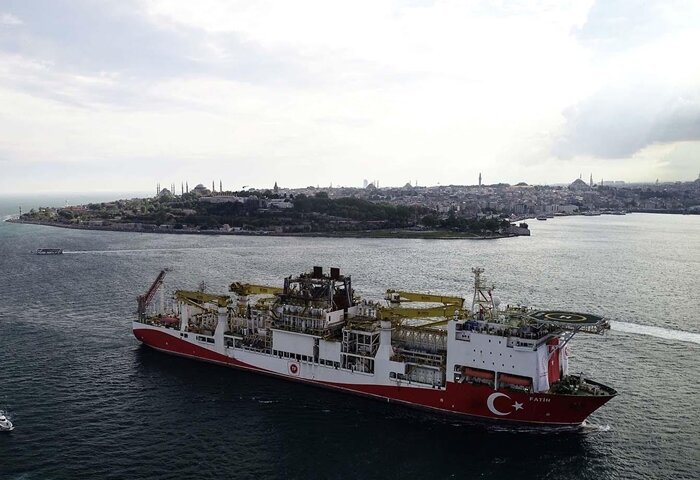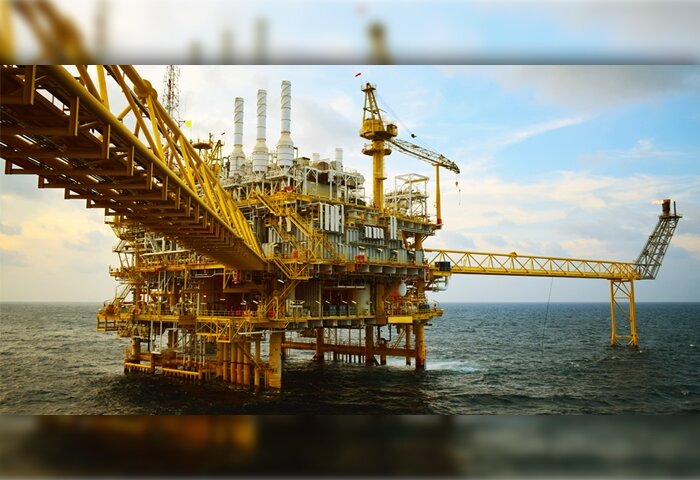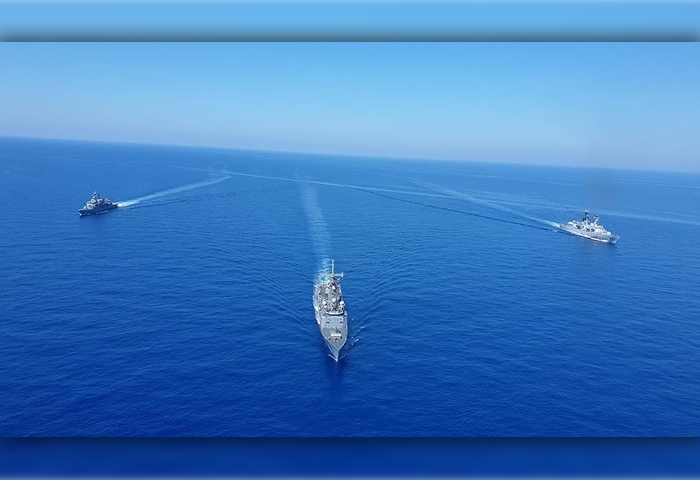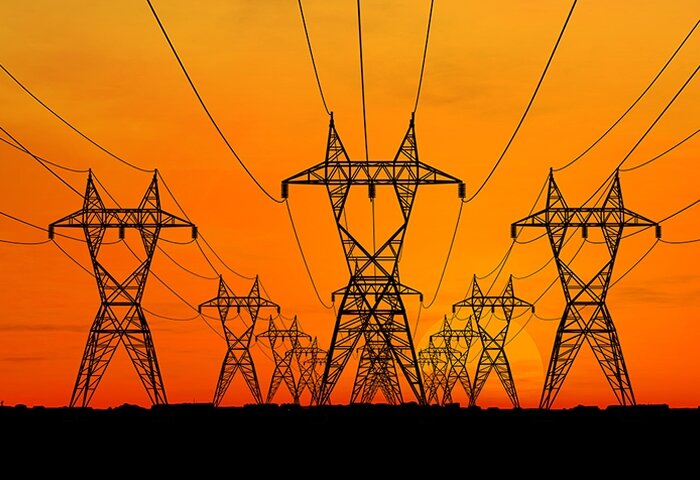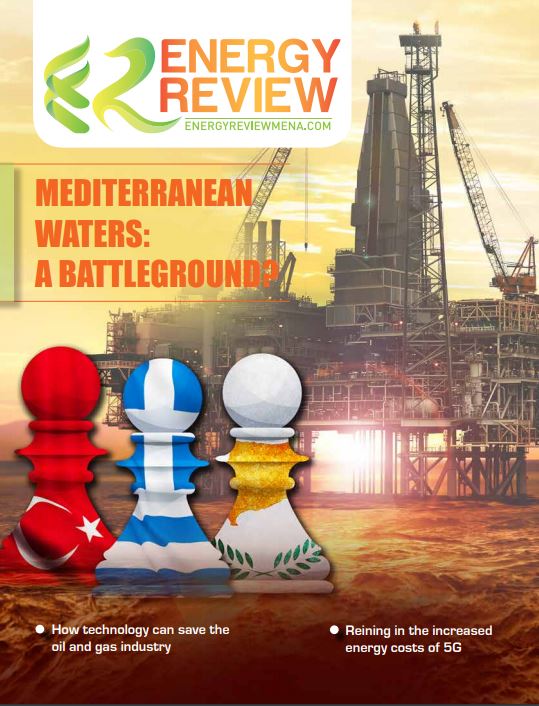Turkey was the main topic on the agenda as the EU's foreign policy chief Josep Borrell arrived in Cyprus for talks.
“Turkish illegal drillings must stop," Borrell tweeted after meeting the Republic of Cyprus' foreign minister Nikos Christodoulides.
The EU's top diplomat said he had discussed with Christodoulides how to "bolster regional stability" and de-escalate tensions.
"Delimitation of exclusive economic zones contested by Turkey must be done in full respect of international law and good faith, as proposed by Cyprus," he added.
Tensions have been rising in the eastern Mediterranean since last year because of differences over competing efforts to drill for gas.
The Cypriot government says Turkish ships have been drilling and conducting seismic surveys in waters south of the island that are within its exclusive rights.
Turkey says that position ignores the claim of Turkish Cypriots to the island's energy resources, and has sent its navy to protect its drill ships.
"Turkey has opted to proceed with its sixth illegal drilling in less than a year, violating the sovereign rights of Cyprus, and further destabilizing the region," Christodoulides said after meeting Borrell.
"Turkey's actions in Cyprus's maritime zones cannot be seen in isolation... they form part of an alarming behaviour," he added.
Borrell arrived in Cyprus from Greece, with Athens itself having recently raised concerns about Turkey's approach to disputed maritime boundaries.
Speaking after their meeting, Borrell also said the EU welcomed an "invitation by the Government of Cyprus to Turkey to negotiate in good faith the maritime delimitation between their relevant coasts".
Turkey opposes unilateral exploration by the Republic of Cyprus and says Turkish Cypriots have rights to a share of the island's offshore resources.
It has also insisted that the Turkish Republic of Northern Cyprus, recognized only by Ankara, itself has the right to explore around the entire island.
UN-backed talks on reunifying the island as a bizonal, bi-communal federation collapsed in July 2017 and have not resumed, in part because of the deep divisions over the offshore gas reserves.
Borrell's visit to Nicosia, the day after a trip to Greece, comes as the EU considers its policy on Turkey, which is officially still a candidate for EU membership.
Membership talks have been in a stalemate for several years and this reflects the dysfunctional state of Turkey-EU relations, according to Dr Ilke Toygür, a European affairs analyst at the Elcano Royal Institute in Madrid.
Last year the EU reduced its financial assistance and halted high-level talks with Turkish officials as part of sanctions over the drilling activity off the Cypriot coast.
But Dr Toygür said Turkish foreign policy had changed in recent years and was now "multi-dimensional".
"Since its transition to the presidential system, Turkey has left behind the days when the west was its primary strategic ally," she said.
"This does not necessarily mean that it is drifting away from the EU and shifting towards another actor, but it means that it doesn't shy away from unilateral usage of force or deciding its own foreign policy moves unilaterally."

